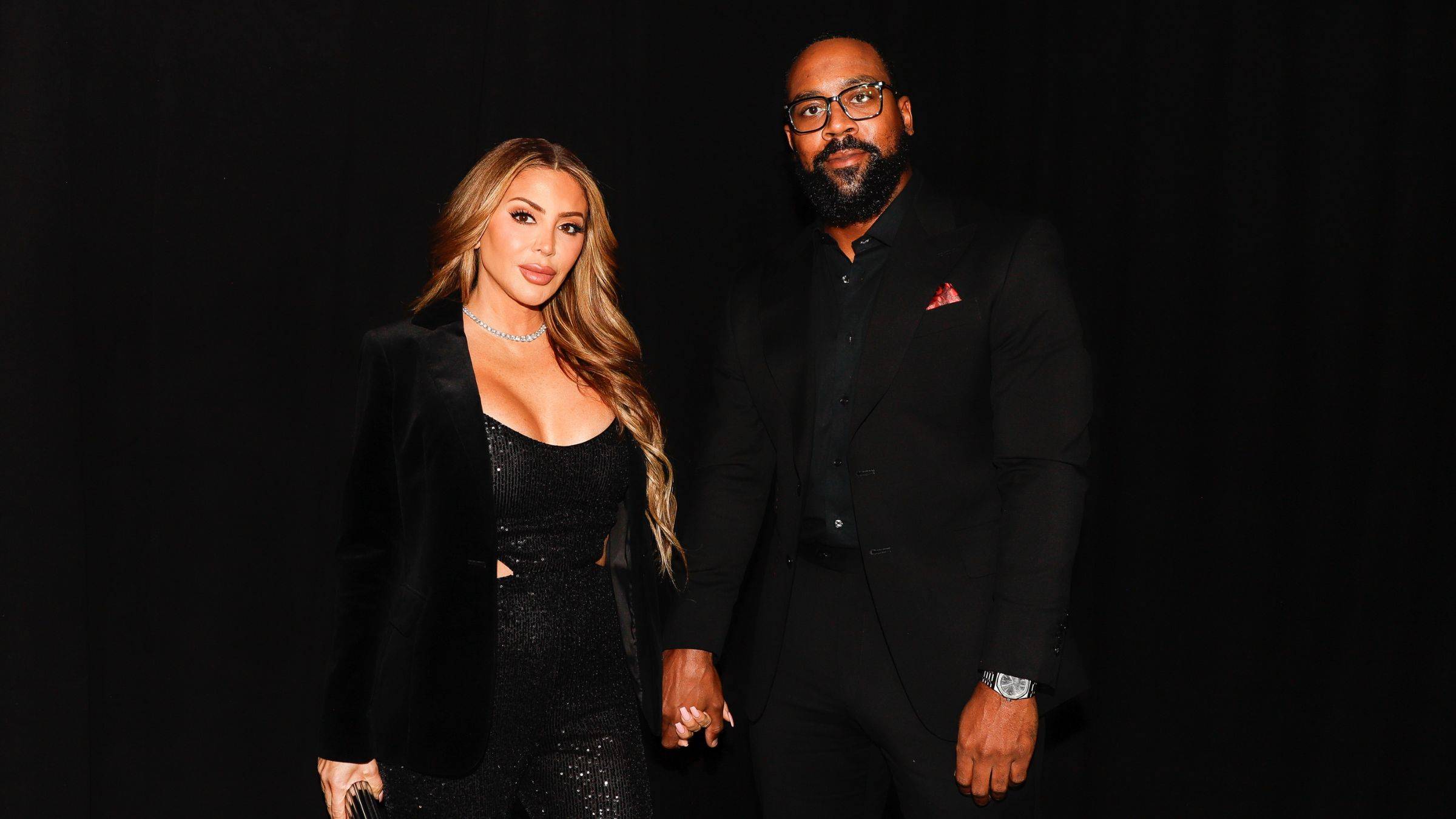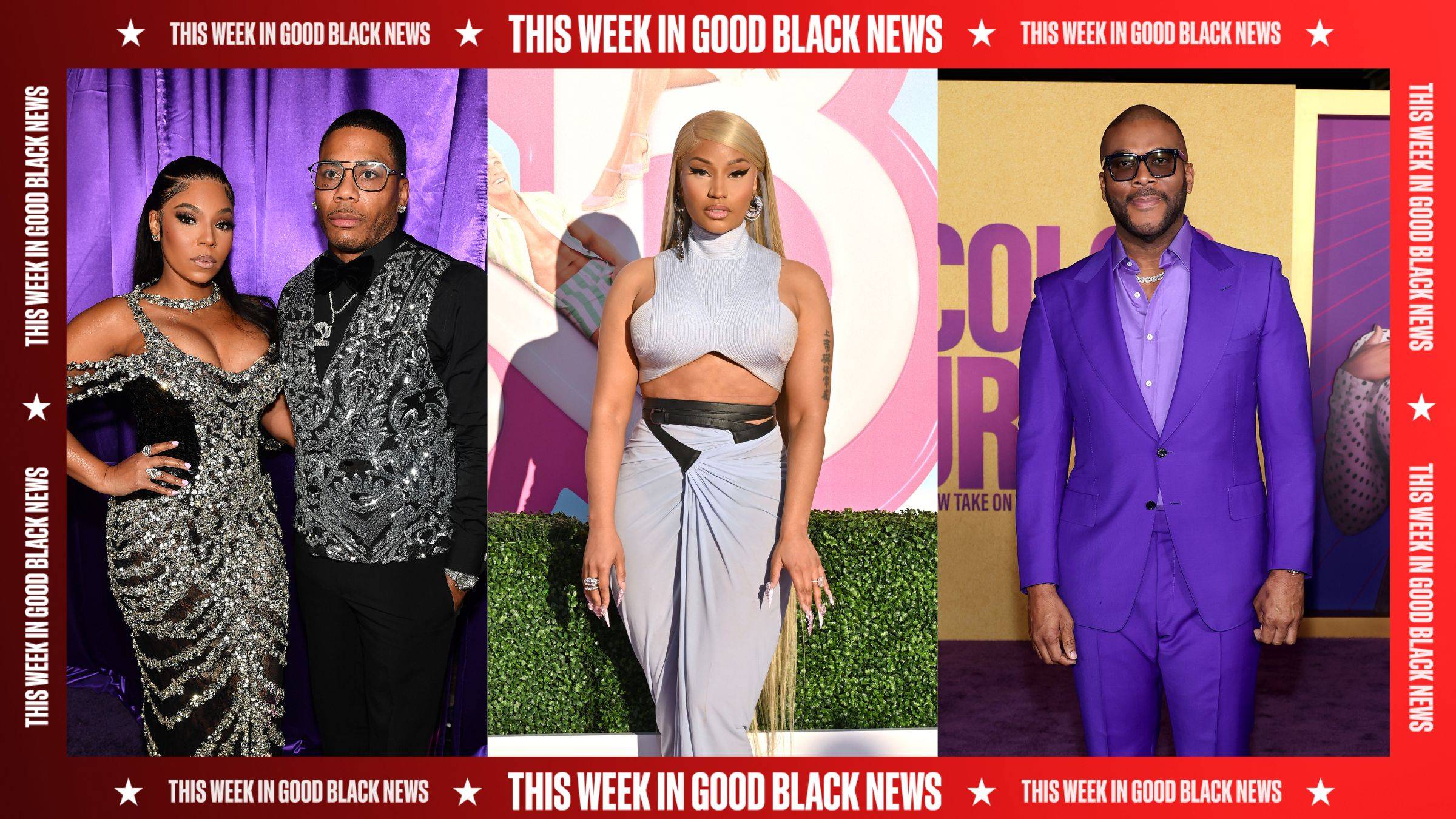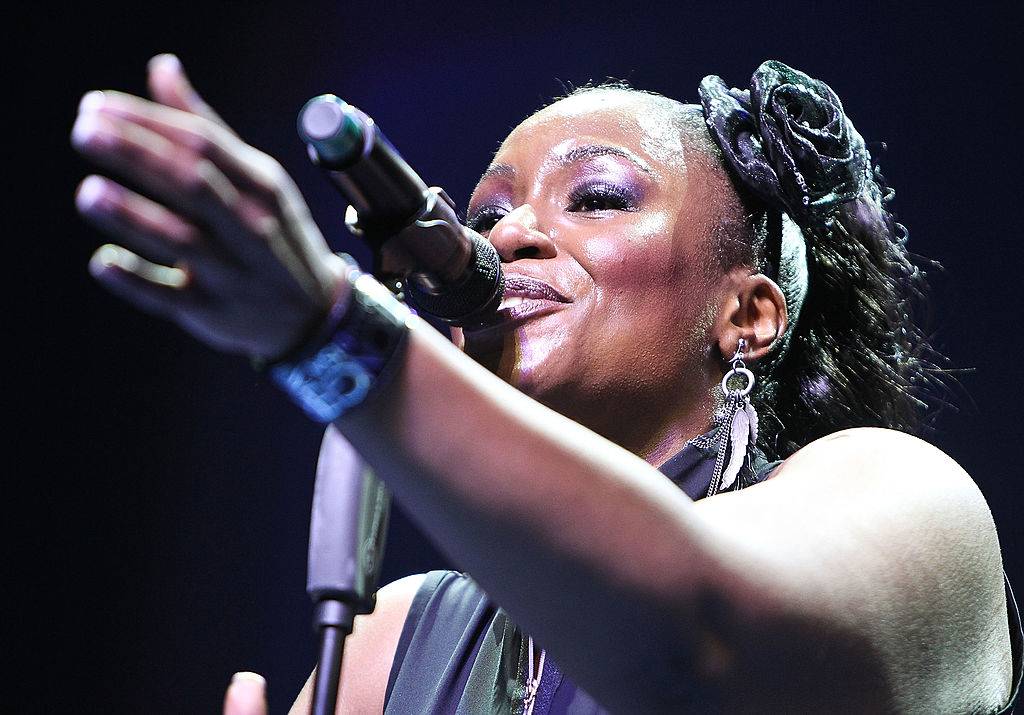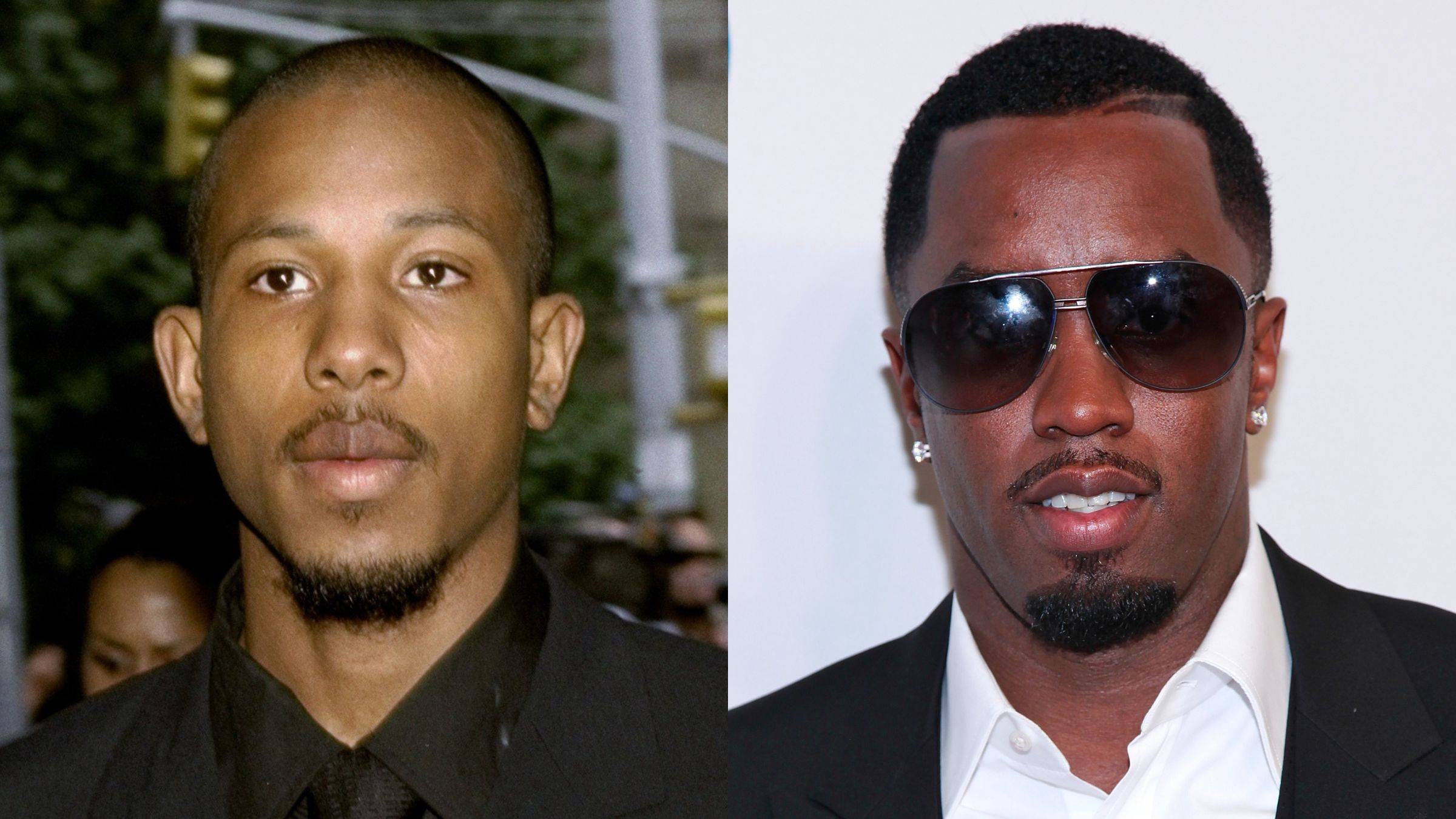Silence, Myths Fuel Black AIDS Epidemic
Updated Nov. 23, 2007 – When AIDS was whispered about as a new illness sweeping through the gay community in the 1980s, far too many African Americans shook a finger of judgment, believing they had more serious things to worry about, such as diabetes, hypertension, and drug use and its related violence.
When the news spread like wildfire in 1991 that Lakers superstar Magic Johnson was retiring because he had the AIDS virus, the general consensus in the 'hood was that he must have been doing something "freaky" because Black people don't get AIDS.
To a large extent, the silence and taboos have persisted, allowing AIDS to sneak up on the Black community and become one of the deadliest diseases that we have ever know."Basically, the initial characterization of the disease
as a White, gay male disease immediately became a barrier for women to pay attention to the disease, a barrier for heterosexuals to pay attention to the disease and for African Americans to pay attention," says Phill Wilson, founder of the Black AIDS Institute and a tireless AIDS activist.
AIDS...A Disease of Opportunity
"AIDS is a disease of opportunity. So it flourishes while left unattended," he adds. "In the Black community, there was not a systematic mobilization community-wide, which provided the virus an opportunity to take hold in Black communities. The slow response, as well as the mischaracterization of the disease as a gay disease, is why AIDS has become a Black disease.
In fact, almost from the start, when case of Acquired Immunodeficiency Syndrome (AIDS) was officially discovered in1981 the disease has hit African Americans the hardest, experts say.
AIDS, which is acquired and not inherited, weakens the immune system and is characterized by infections and/or cancers as well as a decreased number of white blood cells, the body's disease-fighting agent. It is thought to be the result of infection from HIV, a sexually transmitted virus that passes from one person to another when infected
blood, semen, or vaginal secretions come in contact with an uninfected person's broken skin or mucous membranes. It can also be passed from pregnant woman to child.
Almost from the very beginning, African Americans have been disproportionately affected, with Blacks representing 25 percent of AIDS cases, compared with a 13 percent representation in the general population in the mid- to late-'80s," says Dr. Helene Gayle, CEO of the global relief organization CARE, and the former AIDS director of the Gates Foundation and the U.S. Centers for Disease Control and Prevention (CDC).
Black Community Hit Hardest
Twenty-Five years after the discovery of AIDS, at every stage – from HIV diagnosis through the death of persons with AIDS – the hardest-hit racial or ethnic group is African Americans, according to the CDC. Overall, one half of the people newly diagnosed with HIV/AIDS in the United States in 2004 were African Americans, the CDC reports. In 2002 (the most recent year for which data are available), HIV/AIDS was the second-leading cause of death for
all African Americans ages 35 to 44 and the top cause of death for Black women ages 25 to 34.
Worldwide, the countries with the highest HIV/AIDS rates early on were in east Africa and central Africa, says Gayle, who was a CDC epidemiologist in the early stages of the disease. Now, countries in southern African are worse. But, in America, Gayle says, "given the high rates of drug use and of other sexually transmitted diseases in the African-American community, it was predictable that a disease associated with drug use and sexual transmission would have a heavy impact on African Americans without a vigorous prevention response.”
How To Fight Back
Black communities must recognize HIV/AIDS as a major problem rather than retreat in silence, AIDS activists say.
You can't fight an enemy if you don't recognize the danger," Wilson says. That recognition should include a massive mobilization of all Black institutions, from civil rights groups to church and student groups to Black entertainment institutions, advocates say. "As a part of that," Wilson says, "the action steps have to be specific, measurable. They call for individual and collective responsibility. Everyone can get informed, find out their HIV status, seek treatment if they are positive and, if they're not, volunteer or make a donation to an AIDS organization, and have the conversation at the dinner table about AIDS.
Here how to get started. Here some HIV/AIDS resources.





